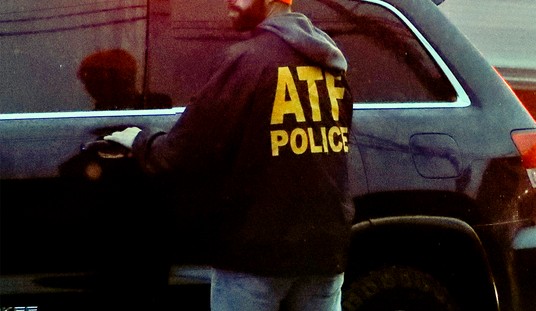Indiana’s red flag law has been on the books since 2005, but a prosecutor in the state says the law needs some changes if it’s going to work as intended. Marion County DA Ryan Mears says under the existing law, someone who’s had their firearms seized can still purchase a gun at retail while they’re appealing the temporary order, and he says that needs to change.
Indiana’s Red Flag Law — also known as the Jake Laird Law — allows officers to seize a person’s gun if law enforcement thinks he or she is dangerous or mentally unstable. A hearing is then set within 14 days.
However, Mears said often times the person whose firearm was taken wants to present evidence and testimony. So the case goes to trial. Mears explains that the process sometimes can take months, and in that time period, the person can legally purchase another gun.
“I think we need to have the courage to say it doesn’t make sense for this person to have the ability to purchase a firearm literally an hour later after they go through this stressful situation,” he said.
Funny, I think prosecutors need to have the courage to say people shouldn’t be stripped of their constitutional rights without due process, and that’s exactly what Mears’ proposed changes would do.
Indiana’s red flag law is named after Jake Laird, an Indianapolis police officer killed in the line of duty, but even Laird’s father isn’t embracing Mears’ proposal.
Laird’s father, Mike, is torn on whether he supports closing this loophole.
“With anything, with any law, there is always going to be a way to skirt the issue,” said Laird. “I would much rather him not be able to get a gun, but I don’t know if it is against his constitutional rights.”
What Mears is calling for simply turns the legal system on its head by putting the punishment ahead of a trial, as Fox 59 in Indianapolis explains.
When a judge signs a Jake Laird order, the order may be forwarded to the FBI as a NICS disqualifier to prevent the person from making future purchases from a licensed firearm dealer. The order must specifically prohibit the person from purchasing, possessing or acquiring firearms.
Mears said this only happens after the trial is over.
I’m sure it would be easier for law enforcement if they didn’t have to worry about things like due process or violating the civil rights of residents. Fortunately, that’s not how it’s supposed to work in the United States, and Mears is way off base by advocating for stripping people of their rights before a trial has even concluded. The prosecutor may see his proposal as a simple shortcut for law enforcement, but it’s far more dangerous to civil liberties than he lets on.









Join the conversation as a VIP Member